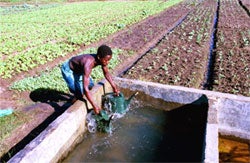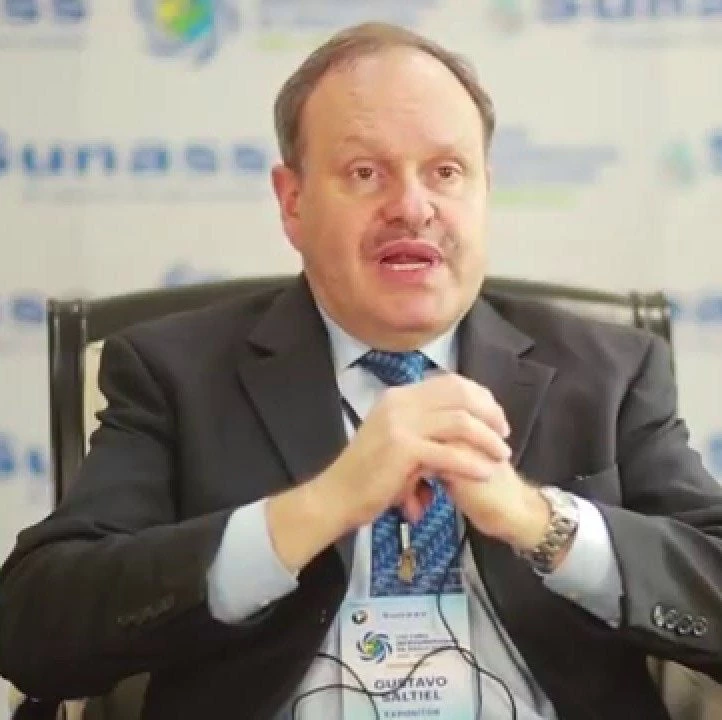 Africa’s development agenda is inherently regional due to the large number of landlocked countries (15) and trans-boundary rivers (63 basins), as well as an uneven distribution of energy resources and load centers. Though Africa is endowed with a generous supply of water resources, most of its rivers, lakes and aquifers cross country borders - the Nile crosses 10, the Niger 9, the Senegal 4, and the Zambezi 8. This therefore calls for cooperative water resource management and coordinated investments to increase basin yields of food, power, and other economic opportunities, while strengthening environmental sustainability and mitigating the effects of droughts and floods.
Africa’s development agenda is inherently regional due to the large number of landlocked countries (15) and trans-boundary rivers (63 basins), as well as an uneven distribution of energy resources and load centers. Though Africa is endowed with a generous supply of water resources, most of its rivers, lakes and aquifers cross country borders - the Nile crosses 10, the Niger 9, the Senegal 4, and the Zambezi 8. This therefore calls for cooperative water resource management and coordinated investments to increase basin yields of food, power, and other economic opportunities, while strengthening environmental sustainability and mitigating the effects of droughts and floods.
We structured the main activities of Cooperation in International Waters in Africa (CIWA) around its four result areas, which include strengthened 1.) regional cooperation; 2.) water resources management, enabling resistance to climate related shocks 3.) water resources development and; 4.) stakeholder engagement and coordination.
Why these four?
Strengthening regional cooperation will bring about greater regional stability and provide a conducive enabling environment to ensure sustainable growth. One of the ways we will do this is by building the evidence base, awareness, and understanding of the financial, social, environmental, and economic benefits of cooperation over water resources. Additionally, we will convene high level meetings of political principals and senior officials to advance greater political commitment and broad-based public support as a means of reducing tensions and future conflict over water resources.
By improving water resources management we will be able to maximise sustainable development opportunities and minimize climate related risks. We will develop and improve decision support systems at river basin levels, such as in the Nile River Basin. CIWA’s engagement in this basin will help to strengthen opportunities for water related growth, in eleven countries with a combined population of 300 million and with significant water-related challenges. Another key focus for this result area is to conduct climate change impact assessments to identify proper mitigating measures.
For our third result area, water resources development, we see this as critical for enabling investments to improve resilience to climate related shocks, enhancing food security, and enabling countries to follow a lower carbon growth path. We will work with development partners, regional organizations and riparian governments to determine financing and investment options, and support the identification and solicitation of potential investors.
In the final, but not least, of the results area, we will strengthen stakeholder engagement and coordination. This will require working with civil society to engage in basin cooperation, management and development issues.
A key aspect of all results areas is to ensure that these activities will be complementary to other African Sustainable Development programs.


Join the Conversation